Arturia Pigments 2: Polychrome Software Synthesizer wants to brighten your horizons
In these traumatic times, Arturia has decided to cheer us all up with the announcement of Pigments 2. They’ve pulled out all the stops for the promo video and the sheer amount of cheerful colour is very welcome on this cold grey morning.
Pigment 2
The original Pigment was excellent and so I am very much looking forward to what version 2 may offer. On first glance it looks largely the same so there’s no radical departure in workflow. But what is new is the sample and granular engine. You can import your own samples and load them into 6 slots and have them playback in all sorts of exciting ways. Or you can push them through the granular engine to find beauty in the smallest grains of your samples. And when in doubt just hit the Random button.
The sequencer has also had a rethink and now has non-destructive randomness so that you can dial in some chaos and then dial it back again if you start losing the plot.
They’ve added the Buchla Easel low pass gate and a space-age tape delay which will give it a nicely organic and wobbly edge. Oh, and they’ve added support for MPE control.
Otherwise, the modulation engine and joyfully animated interface are the same, and that’s a really good thing!
I enjoyed Pigment very much and this upgrade looks like it brings in some interesting possibilities without ruining everything that made it good in the first place.
Pigment 2 is on a special of €99 or €69 if you already own Arturia products. But existing owners will get the update for free.
More information
Video
You are currently viewing a placeholder content from YouTube. To access the actual content, click the button below. Please note that doing so will share data with third-party providers.
One response to “Arturia Pigments 2: Polychrome Software Synthesizer wants to brighten your horizons”

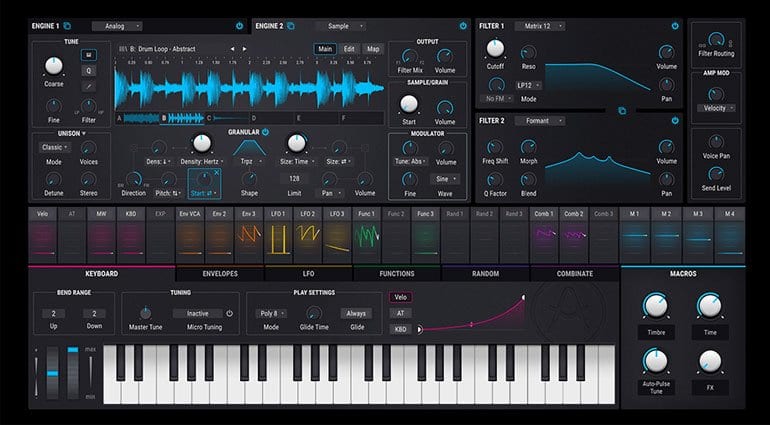

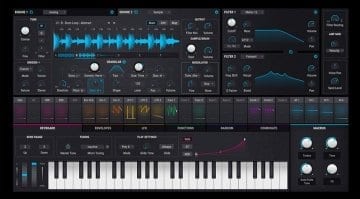

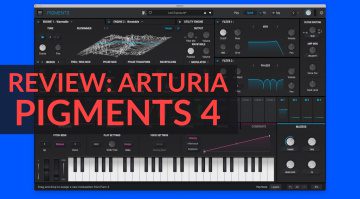
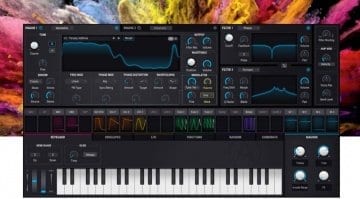

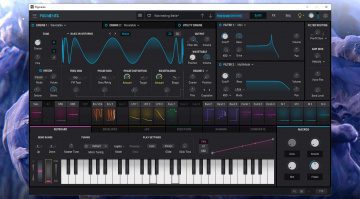

They even chucked in a bitcrush/sample reduction effect in the sample playback part _before_ the filter section, finally. Other synth manufacturers take note! This gets you vintage sampler tones far more realistic than just chucking it on the master effects 🙂